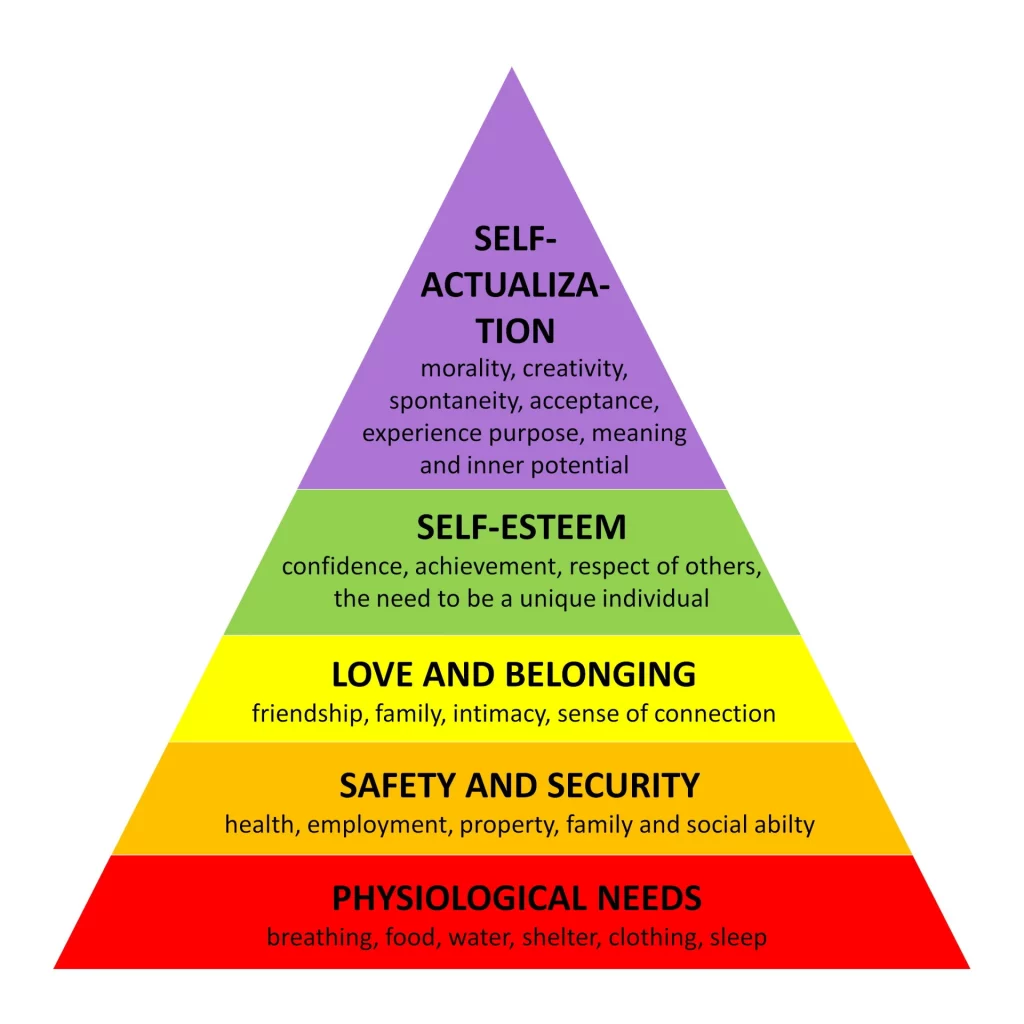“The sense of intimacy eclipses the physical. It is a feeling of intimacy that allows one to bond through trust, love, tenderness and compassion. It is a beautiful emotional space where the connection is deep and the intensity is strong. It is where two people become one and they are close, so close, that you feel you can see into their soul“
The depth of an emotional connection is magnetic. It is inexplicable and it is intense. You cannot create it and you cannot destroy it. You cannot run from it and you cannot ignore it. It is quite simply, just there…
Love is one of the most profound emotions felt by human beings. Love is a form of transcendence, of connecting to something, to a greater unity that is more than the sum of the parts. Romantic relationships and the need for human connection is universal and the key to our emotional well-being. When two people connect at an emotionally intimate level, they feel valued, heard, safe and understood. It is what gives their life meaning and a sense of purpose. Physical attraction fades over time, but love is about support, mutually giving and receiving of companionship, intimacy and validation.
According to American psychologist and philosopher Abraham Maslow, ‘The Hierarchy of Needs’ (a motivational theory in psychology, comprising of a five-tier model, depicted as hierarchical levels within a pyramid) love and belonging refer to a human emotional need for interpersonal relationships, a feeling of connection, intimacy, acceptance and the giving and receiving of affection.
It is important to understand that when we discuss relationships, we can automatically assume that we are talking of romantic relationships, and in the context of this website that would be true.
Yet it has to be said that for any relationship to flourish, there has to be mutual respect and trust. There also has to be the ability to actively listen as well as express clearly and honestly what you need from the other person in the relationship. When one can communicate openly and honestly, there leaves no room for misunderstanding, which has the ability to create resentment when the other person feels that they have not been heard or that their needs are not being met.
But how do relationships work? How do we connect?

Described as a series of needs, Maslow’s humanistic psychology emphasis is on personal growth and the resilience that people have to satisfy in order to reach their full potential as a human being. It focuses on the person’s subjective experience of life and on the person’s potential for self-actualisation, which includes self expression, connection, meaning, purpose and direction in life.
“If only we knew how special we were in the lives of those we met, how important we are to some people now and the difference we could make in the lives of those we have potentially yet to meet”
Healthy relationships involve trust, respect and open and honest communication between partners. They take effort and the willingness to deliver the best version of who you are for the partnership to work.
This statement is true for anything, anywhere, anytime there is a contract, either, verbal, written or implied, between two or more people. Whether the contract be a corporate one between business partners, a legal one between individual people, or an emotional one between two people in an intimate relationship.
Without trust, respect and open and honest communication, nothing can work. There can be no imbalance of power and each side has to have a respect for the other without retaliation or retribution.
It is important to understand the differences between connection, chemistry and compatibility and the need for all three to be able to have a successful, long last-lasting intimate relationship.
Compatibility is a feeling of friendship and like-mindedness, a similarity of traits, opinions and interests that can harmonise together. If the interests of the people involved share a consistency, then you can consider that there is a level of compatibility between the two.
Chemistry is when two people know how to fit and flow with each other. To have chemistry with another person does not necessarily need to have a sexual component. You can have great chemistry with your work colleagues but you don’t need compatibility. With connection you will have chemistry.
A deep connection with another person, where you are able to understand each other at a profound level can be amazing. A connection is something you can always have, even if perhaps you don’t see each other often. You can meet up and the two of you can continue where you left off, but if you don’t have the compatibility to sustain the relationship or the chemistry to glue it together it won’t last. Creating space for emotional growth on our own terms is necessary before we can establish tight healthy bonds.
Personalities are important and one doesn’t really know how personalities match up. People are attracted to and repelled by different personalities. You must spend time together and be – in like – with your life partner to enable love to grow between two people and that can happen over time, but if you don’t particularly like them to start off with, then nothing can develop.
Willingness is a huge component in making a relationship work and while some people are fundamentally more alike, therefore predisposed to having an easier time of getting along, it is the interaction of two people and the connection they have, the chemistry they create and the compatibility that they share that makes for a long lasting relationship.
“Time doesn’t deliver clarity in relationships, depth does”
For any relationship to work it is important to understand the basic fundamentals:
- Accept that conflict and disagreements are normal. Life is not perfect. When there is a conflict or opposing points of view, listen actively and analyse the conflict, not the person. Conflict is a sign that there is a need for change and an opportunity for growth. Take advantage of that. Use neutral language and learn to calm yourself and understand that the conflict cannot be resolved unless it is being addressed in the appropriate way, with the appropriate individual at the appropriate time. Wildly screeching at someone in the middle of the street serves no purpose other than to make you look like a fool.
- Acknowledge your own areas for growth as an individual. Most people, even those who are highly self-aware have dysfunctional behaviours and poor communication skills or they lack emotional intelligence. Recognise that we are all on a perpetual travelator of life, continuously walking forward, learning, growing, seeking to understand while at the same time yearning to be understood.
- Give each other space. We all need time alone. Healthy people need time on their own to develop themselves as individual people. A healthy relationship is based on two individuals who are whole people. Make sure you have time for your own interests, your own hobbies and for your own exciting life. That enables you to always be able to give the best version of yourself when you are together.
- You are the only one who is able to determine your own self-worth. Your self-esteem should be based upon how you value and perceive yourself. It is a level of self-confidence centred on your beliefs and opinions and is not subject to the whims and desires of another person, nor their expectations of you. Self-esteem is an integral part of personal happiness, fulfilling relationships and a sense of overall achievement. Recognise what you are good at. We are all good at something, so acknowledge that. Bring kindness and consideration to every person you meet and every relationship you have. Take people at face value until they show you otherwise, it will help to build positive relationships.
- Communicate boundaries in a relationship. Do you find yourself keeping quiet when you are upset or biting your tongue instead of voicing what you want to say? If you are compliant in keeping the peace you are contributing to the inauthenticity of the relationship. Learn to express your needs by using open honest channels of communication. Learn to say NO. Don’t reward bad behaviour. You may understand why your partner sometimes does hurtful things to you, but if you cannot draw the line and if you pretend that everything is ok you are offering them positive reinforcement and in fact inadvertently telling them they don’t actually need to change what they are doing.
“Being deeply loved by someone gives you strength, while loving someone deeply gives you courage” Lao Tzu
